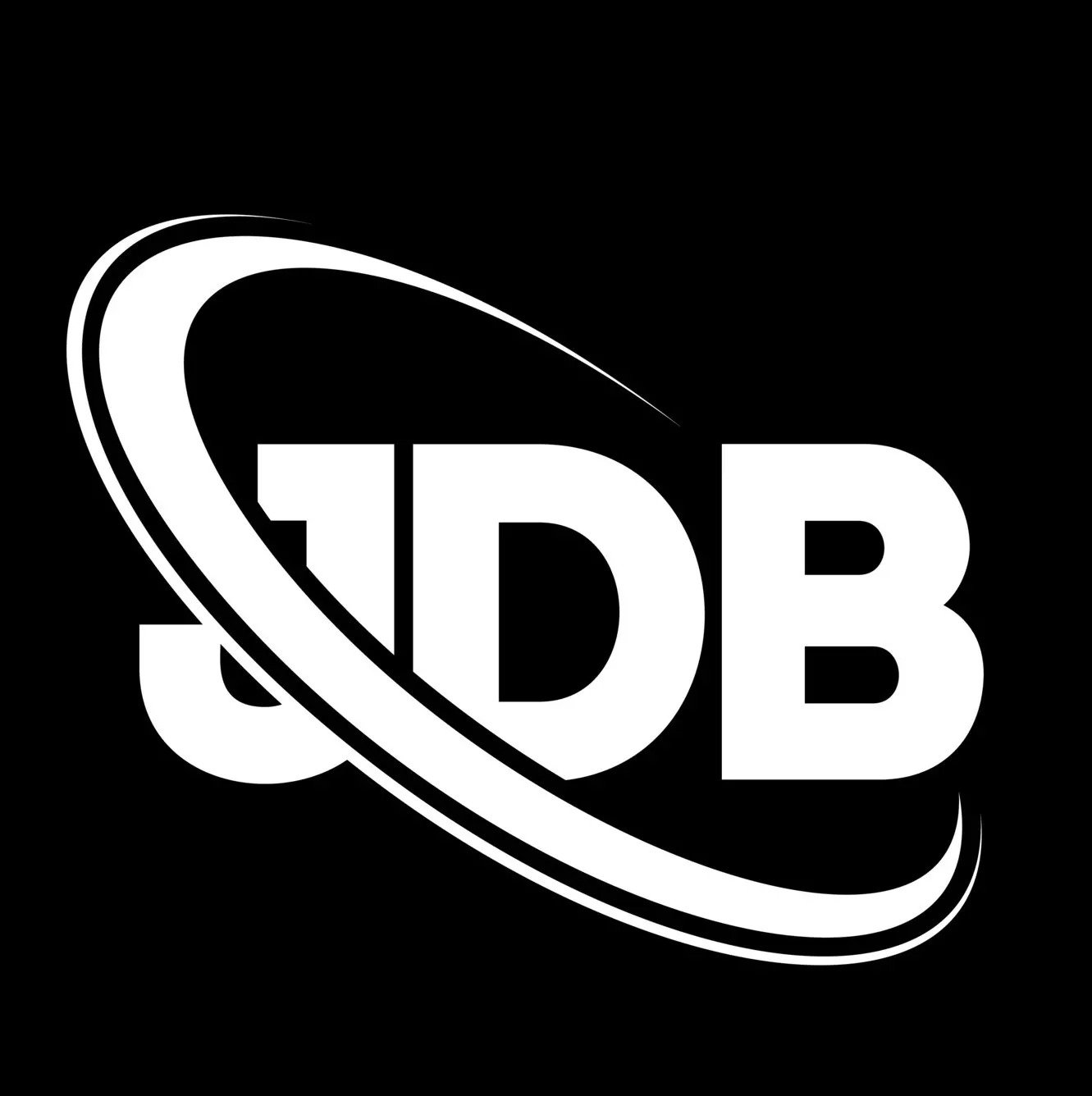| 일 | 월 | 화 | 수 | 목 | 금 | 토 |
|---|---|---|---|---|---|---|
| 1 | ||||||
| 2 | 3 | 4 | 5 | 6 | 7 | 8 |
| 9 | 10 | 11 | 12 | 13 | 14 | 15 |
| 16 | 17 | 18 | 19 | 20 | 21 | 22 |
| 23 | 24 | 25 | 26 | 27 | 28 |
- counter.email-service
- social media forums list
- Λιβαισ
- I Became the Fiancé of a Dragon in Romance Fantasy
- https://www.youtube.com
- socialmediagirls
- are forums social media
- theapknews.shop
- 수마트라
- theapknews.shop Health
- What is theapknews.shop Health?
- socialmediagirls forums
- Counter.wmail-service.com
- social media girl forums
- https://infomania.space/ganar-dinero-paypal-1/293/2022/
- forums socialmediagirls.com
- Today
- Total
JD Blogs
KETO and Iodine 본문
KETO is one of the most successful weight loss and fat loss techniques on earth. It works by keeping you in a calorie deficit, which is essential for losing weight.
When following the keto diet, it's essential to get enough iodine and biotin in your meals. These nutrients are essential for thyroid hormone production and function.
Iodine
Iodine is an essential mineral required by our body for the production of thyroid hormones, which regulate metabolism and help burn off fat and carbs for energy. The only way to get enough iodine in our diet is through iodine-rich foods.
Iodine can also be found in dietary supplements. However, before taking any iodine supplements it's best to consult your doctor first.
You should aim to obtain most of your iodine needs from iodized salt, seafood and certain vegetables. Foods high in iodine include fish, seafood, spinach, potatoes, kelp and seaweed. Meats and dairy products also contain some amount of iodine but the amount will depend on where they were grown or raised for meat.
Adequate amounts of iodine are essential for women who are pregnant or breastfeeding, as well as those with thyroid problems or cancer. A deficiency can lead to issues with fetal development and cognitive functioning, as well as thyroid hormone imbalances that could result in hypothyroidism.
For both men and women from 14 years of age onward, the recommended daily intake of iodine is 150 micrograms per day. During pregnancy, this amount increases to 220 micrograms, while breastfeeding provides an additional boost to 290 micrograms.
Foods rich in iodine include spinach, asparagus, green beans, peas, onions, sweet potatoes, legumes (especially lentils), nuts and seeds, whole grains such as barley or dried fruit, as well as seaweed. Some foods like cereals and pasta have been fortified with iodine to increase their iodine content.
Iodine supplements come in various forms, the most popular being potassium iodide or elemental iodine. Either of these forms can be taken orally for maximum absorption.
When taking iodine supplements, it's essential to adhere to the dosage instructions on the package. Taking too much can increase your risk for thyroid disease; thus, be mindful how much iodine you consume.
Before taking iodine supplements, it's wise to consult your healthcare provider first as you may be at greater risk for an iodine deficiency if you are overweight, eat a high-fat diet, or have a history of the disorder. Furthermore, make sure to regularly check your blood iodine level; some tests require urine confirmation.
Thyroid
The thyroid gland plays an integral role in your health, controlling things such as heart rate and energy level. It also plays a role in nervous system function as well as digestion and reproduction processes.
Your thyroid is a small, slender gland located just beneath the skin at the front of your neck. It resembles a butterfly or bow tie and weighs less than an ounce.
When your thyroid gland is functioning optimally, it secretes chemicals called thyroid hormones which regulate several body processes. They control the speed and amount of chemical reactions within the body, such as how quickly cells turn sugar and oxygen into energy.
A healthy thyroid gland consists of two follicle cells that produce and store hormones. These are located near your Adam's apple at the front of your neck.
These cells typically produce two types of thyroid hormone: thyroxine (T4) and triiodothyronine (T3). T4 accounts for nearly 95 percent of all thyroid hormone circulating in your blood, while T3 only makes up 5 percent.
Thyroid hormones are produced by an enzyme within hair follicle cells that uses tyrosine as its building block and an iodine atom to create T4 and T3. If iodine levels in your body are low or there's an issue, your thyroid gland may not be able to properly manufacture these hormones.
If you have a thyroid disorder or an underactive thyroid gland, your healthcare provider can prescribe medication to help the gland make the proper amount of thyroid hormones. You may receive levothyroxine, a synthetic version of thyroid hormones.
Certain medications can reduce the effectiveness of levothyroxine, so be sure to discuss this with your healthcare provider if you're taking them. For instance, lithium, which is prescribed to treat some psychiatric disorders, can affect how your thyroid gland produces the hormones it needs for proper functioning.
Maintaining a balanced diet and taking supplements with iodine, selenium and other minerals to support healthy hormone production are the best ways to keep your thyroid happy. These can be obtained through various sources such as table salt or iodized salt, vegetable oils, seafood, nuts seeds and leafy greens.
Hashimoto’s disease
Hashimoto's disease is an autoimmune disorder that affects the thyroid gland, a butterfly-shaped gland located on the front of your neck that regulates many functions throughout your body. In Hashimoto's, your immune system attacks this gland and slows down hormone production - eventually leading to hypothyroidism.
This can have a detrimental effect on your energy levels, sleep patterns and overall health. Furthermore, it could lead to weight gain and decreased metabolism.
